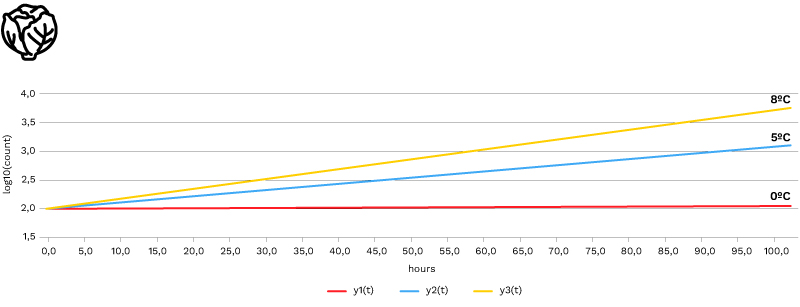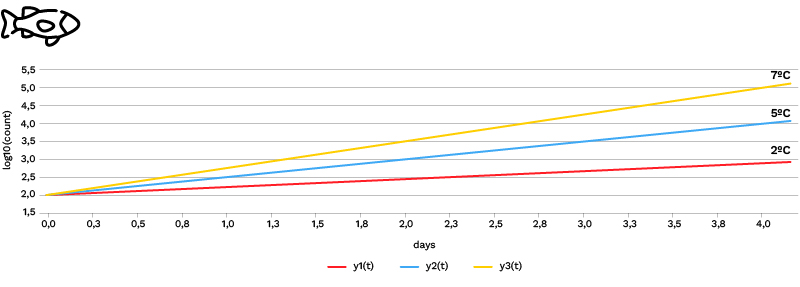On November 20, 2024, the European Commission published Regulation (EU) 2024/2895, introducing key modifications to Regulation (EC) No 2073/2005 to reinforce the control of Listeria monocytogenes in food, particularly ready-to-eat products. This change responds to the alarming increase in listeriosis cases in the European Union (EU), which, according to the latest report from the European Food Safety Authority (EFSA), rose by 15.9% in 2022 compared to 2021, reaching one of the highest mortality rates in the last decade.
Key Requirements of Regulation (EU) 2024/2895
The regulation establishes two critical criteria for Listeria monocytogenes in food:
- <100 CFU/g during the product’s shelf life: This criterion applies if the food operator can demonstrate, through challenge tests or predictive microbiology studies, that Listeria monocytogenes levels will not exceed this limit throughout the product’s entire shelf life.
- Total absence in 25g: If the producer cannot ensure compliance with the previous criterion, they must guarantee the total absence of Listeria monocytogenes in 25g of the product, both at the initial production stage and throughout its entire shelf life.
Implications for Food Producers
The reinforcement of Listeria control presents new challenges for producers, who must:
- Implement rigorous verification measures: Conduct challenge tests or use predictive microbiology models to ensure compliance with the established limits.
• Optimize storage conditions: Reduce product shelf life if compliance with the 100 CFU/g criterion cannot be demonstrated.
• Monitor storage temperatures: Store food at lower temperatures to slow down the growth of Listeria monocytogenes. For example:
o Lettuce: Stored at temperatures close to 0°C, Listeria growth can be up to three times slower compared to storage at 5°C.
o Sea bass: At 5°C and 7°C, Listeria growth accelerates up to twice as fast compared to storage at 2°C.
Refrigeration Technology Solutions to Meet the New Requirements
In this context, refrigeration systems play a crucial role. Proper temperature management not only extends the shelf life of food but also ensures compliance with food safety regulations.
At our company, we specialize in manufacturing high-efficiency refrigeration equipment designed to meet the needs of the food industry. With advanced technologies that ensure precise temperature control, our systems help:
- Maintain optimal storage conditions.
• Reduce the risk of microorganism proliferation, including Listeria monocytogenes.
• Comply with the strict limits set by Regulation (EU) 2024/2895.
Conclusion
The implementation of Regulation (EU) 2024/2895 marks a milestone in strengthening food safety in Europe. Producers must adapt to these new requirements by adopting technologies that ensure strict temperature control and microbiological studies that support the safety of their products.
At our company, we are committed to providing refrigeration solutions that not only comply with current regulations but also contribute to protecting consumer health.




